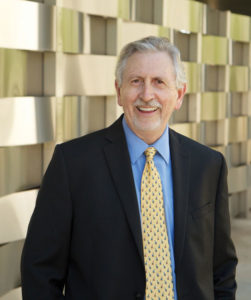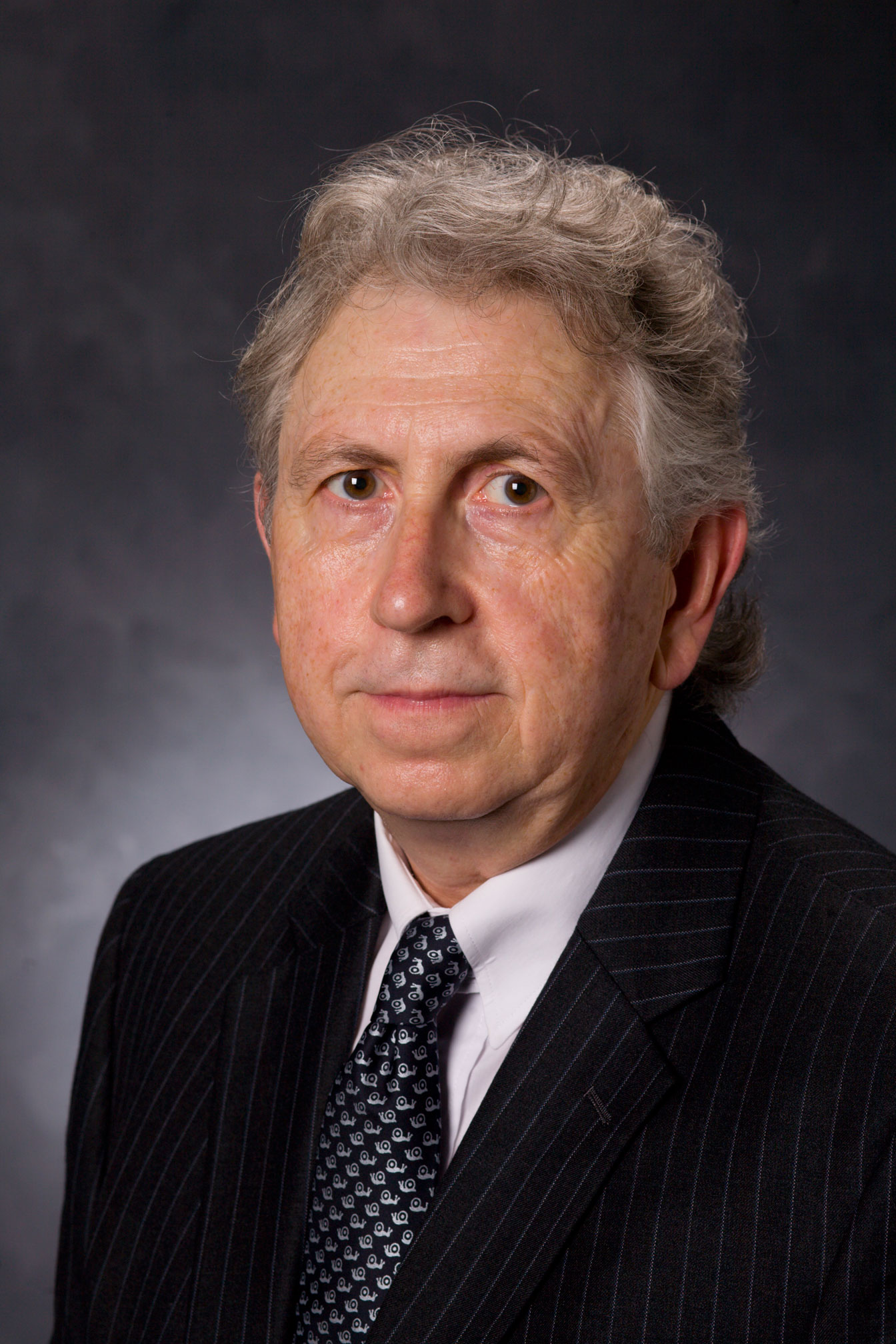Museums are looking for balance, said William Eiland, director of the Georgia Museum of Art at the 2020 Founders Day Lecture on Jan. 15.
In the lecture, “Colonization and Its Discontents,” he spoke about the thorny issues currently facing museums—issues that colleges and universities are also encountering: equity, diversity, inclusion and accessibility.

Museums, Eiland said, are keepers of history—history that’s often offensive. Coupled with changing beliefs, museums are thoughtfully considering what to do with collections, labeling, outreach to underserved communities and more.
Part of the difficulty is that the roots of museums are in the collections of the elite: monarchs, clergy and noblemen. But ultimately, “they hold artifacts and specimens in trust for society, safeguard diverse memories for future generations and guarantee equal rights and equal access to heritage for all peoples,” according to a proposed definition at the International Council of Museums’ 2019 conference.
“Today’s formal notion of a museum did not emerge until the 18th century,” Eiland said. “Collections of objects date back thousands of years, and I would argue to an even earlier age, when the cave dwellers created and collected highly sophisticated drawings, images of antelope and horse, bison and bear, eye and hand.”
These collections play an important role in culture and thought—and in learning from past generations.
“What do we learn applicable to contemporary life from seeing or studying the art of previous centuries?” he said. “If you answer nothing, or very little, I urge you to ask yourselves how you can be cutting edge if you don’t know where the edge is.”
Eiland also spoke of the consequences of the selfie generation and careless tourism.
“How many times have we read of objects in museums damaged or destroyed by the careless visitor who cares more for his or her selfie than for the human heritage he or she is desecrating?” asked Eiland, who said the problem extends to American parks, Machu Pichu and more.
He quoted Olga Viso, the director of the Walker Art Museum in Minneapolis on her thoughts on how to deal with these issues: “Systemic change takes time, vision and nuanced leadership at every level, most especially among donors and museum boards. Selfless investment and fortitude are required. So is a willingness to endure discomfort. To move forward, the entire ecosystem must devote itself to a longer game.”
“Museums can be defined quite literally and succinctly, as the memory of mankind,” Eiland said quoting Philippe de Montebello. And he hopes museums continue to awe and inspire guests.


